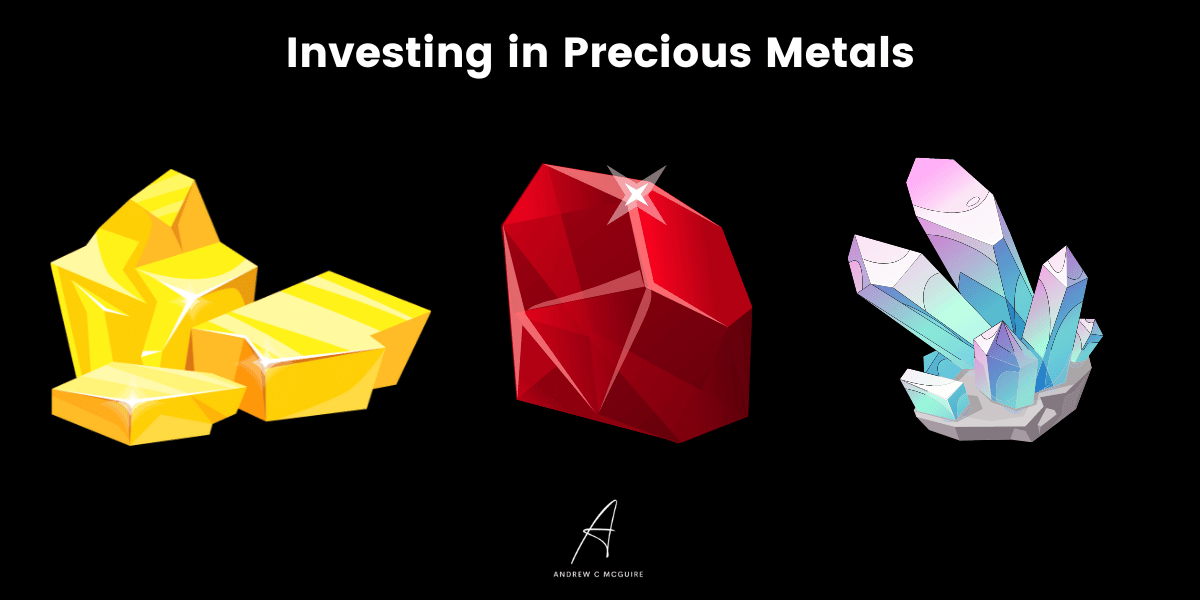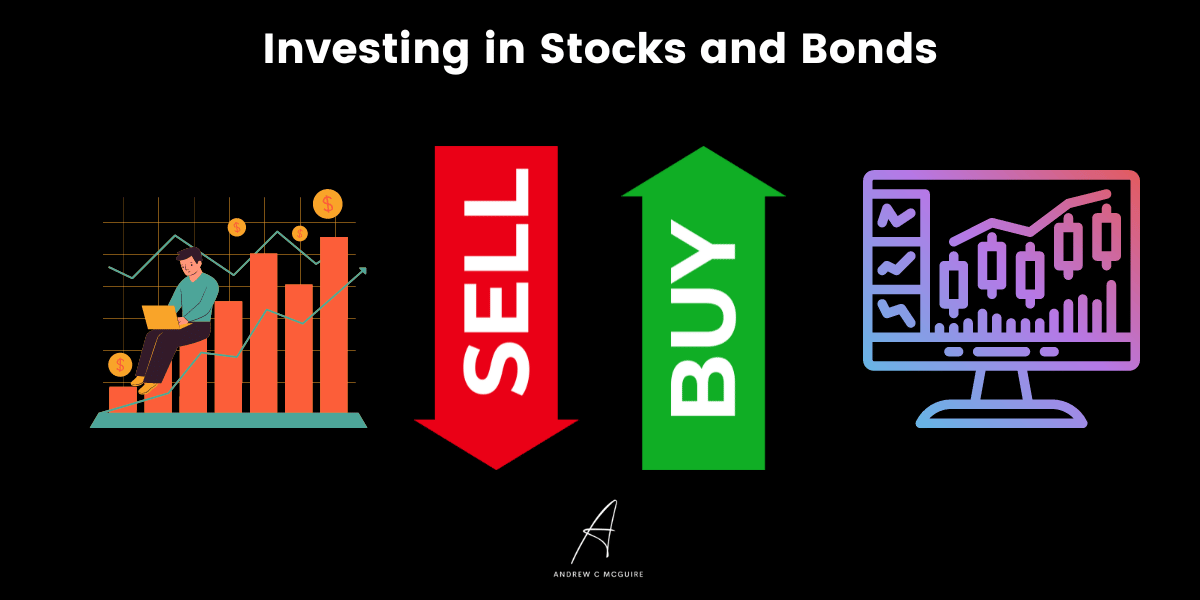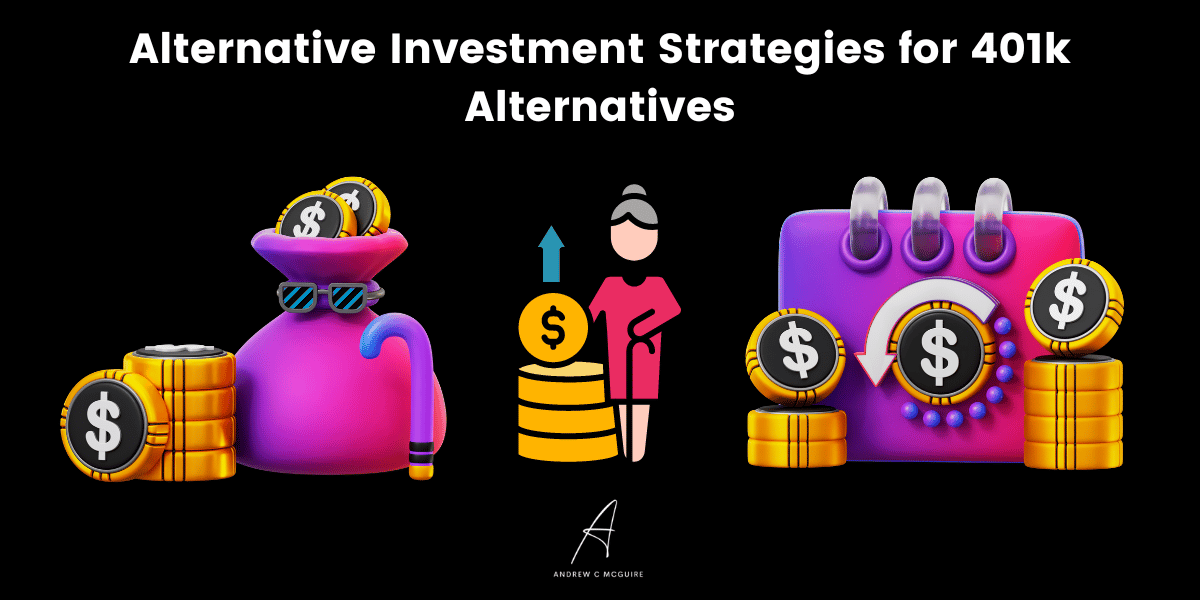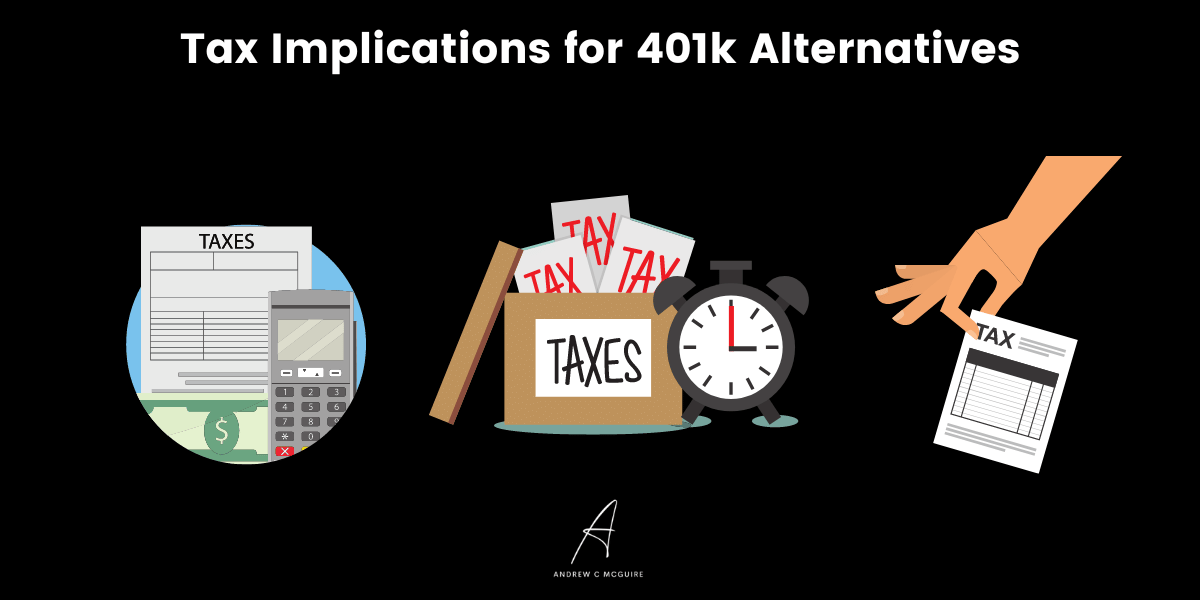Are you searching for an alternative to the traditional 401k? Investing in precious metals and gold can provide a stable, secure form of wealth generation and protection. With the right strategies, these investments can help build long-term financial security. The most fundamental strategy when it comes to precious metals investment as a retirement planning is the precious metals company that you choose to invest with – it ultimately determines your direction of progress and how much profit you make at the end of the day. My #1 recommendation when it comes to investing in gold and other rare metals is Augusta Precious Metals. Learn more about how you can make wise decisions when investing your hard-earned money today.
- Money magazine’s “Best Overall” Gold IRA Company in 2022
- Quarterback Joe Montana and his financial team chose Augusta
- Zero fees for up to 10 years — every customer qualifies
- Investopedia’s “Most Transparent” Gold IRA Company in 2022
- Free guides on how to avoid gimmicks & high-pressure tactics used by gold IRA companies
We earn a commission if you make a purchase, at no additional cost to you.
As the economy continues to be volatile, it is more important than ever for individuals looking to protect their wealth from inflation and a recession to consider 401k alternative investment strategies. Investing in precious metals, real estate, stocks, and bonds can all provide an opportunity for the long-term growth of your assets while also providing protection against market downturns. Additionally, there are several alternative investment options that may fit into your financial plan better than traditional retirement accounts like 401ks. In this blog post, we’ll discuss some of these alternatives as well as the tax benefits associated with them so you can make informed decisions when selecting investments outside of a standard 401k account. But before we launch into the core of 401k alternatives, let’s check out what quarterback Joe Montana says about Augusta Precious Metals and why his financial advisors rate the company as the best of all the investment companies out there today.
[presto_player id=4770]
Investing in Precious Metals
Precious metals investment can be a great way to protect your wealth from inflation and recession. Precious metals, such as gold are tangible assets that have been used for centuries to store value. They can be bought in the form of coins or bars and stored securely at home or with a trusted third party.
Benefits of Investing in Precious Metals
Precious metals investment offers several advantages over other forms of investments. Firstly, they are not affected by market volatility like stocks and bonds; their prices remain relatively stable during economic downturns. Secondly, they provide diversification benefits since their prices do not move with the stock market or economy; this helps reduce overall portfolio risk. Finally, they offer long-term capital appreciation potential due to their limited supply and increasing demand from investors around the world.
Types of Precious Metals to Invest In
Gold is one of the most popular precious metal investments because it has historically held its value well over time compared to other currencies or commodities. Silver is another popular choice among investors due to its affordability relative to gold and its industrial uses which makes it more attractive than some other types of investment options when considering both short-term profits as well as long-term growth potentials. Platinum and palladium are also valuable choices but tend to be more expensive than gold or silver so may require larger initial investments for those looking for exposure in these markets.
Risks associated with investing in precious metals include price fluctuations caused by changes in global supply and demand dynamics, as well as political events that could affect pricing on an international level (such as sanctions). Additionally, physical theft can occur if you do not store them securely enough either at home or through a third-party storage facility; thus, it is important to take proper precautions when storing your physical holdings if you decide to invest via ETFs, etc.
Key Takeaway:
Investing in precious metals offers several advantages over other forms of investments, such as stability during economic downturns, diversification benefits, and potential for long-term capital appreciation. Popular options include gold, silver, platinum, and palladium; however it is critical to be aware of the risks associated with these investments.
Investing in Real Estate
Investing in real estate can be an amazing way to generate wealth and protect it from inflation and recession. There are several benefits of investing in real estate, including the potential for high returns, tax advantages, diversification of your portfolio, and leverage opportunities.
1
Rental Properties
One of the most common types of real estate investments is rental properties. Rental properties offer investors steady income streams through monthly rent payments as well as appreciation over time if the property value increases. Additionally, landlords may be able to take advantage of certain tax deductions such as depreciation or mortgage interest expenses when filing their taxes each year.
2
Flipping Houses
Another type of real estate investment is flipping houses. This involves buying an undervalued property with the intention to quickly renovate it and resell it at a higher price point for a profit. Flipping houses requires more capital upfront than other forms of investing but can yield significant returns if done correctly due to its short-term nature and ability to capitalize on market trends quickly.
Real estate investments also come with some risks that should be considered before making any decisions. The biggest risk associated with investing in real estate is not having enough liquidity or cash flow available when needed due to unexpected repairs or vacancies that could occur throughout ownership, which would require additional funds beyond what was initially budgeted for the purchase/renovation process. Additionally, changes in local markets or economic conditions could lead to decreased demand for rental units resulting in lower rents being charged, thus reducing profits earned from owning rental properties over time. Lastly, financing costs associated with purchasing an investment property must also be taken into consideration prior to making any commitments as these costs can add up quickly depending on how much money needs to be borrowed from lenders during the acquisition process.
Key Takeaway:
Real estate investments offer potentially high returns, tax advantages, diversification of your portfolio, and leverage opportunities; however, they come with risks such as lack of liquidity or cash flow, changes in local market economic conditions, and financing costs.
Investing in Stocks and Bonds
Investing in stocks and bonds is a popular way to generate wealth and protect against inflation. Stocks are shares of ownership in any particular company, while bonds are loans made by investors to companies or governments. Both investments offer the potential for growth and income, but also come with risks that should be considered before investing.
Benefits of Investing in Stocks and Bonds
Investing in stocks and bonds can provide an investor with the opportunity to diversify their portfolio, as well as potentially increase their net worth over time. Stocks typically have higher returns than other types of investments such as savings accounts or CDs, while bonds tend to be less volatile than stocks but still provide steady returns over time. Additionally, both types of investments can help hedge against inflation since they generally keep up with the rate of inflation better than cash-based investments as savings accounts do.
Factors to Consider When Choosing the Right Stocks and Bonds
When considering which type of stock or bond investment to make, it is important to consider factors such as risk tolerance, return expectations, liquidity needs (how quickly you need access to your money), and whether you want exposure to domestic markets or international ones. Common types of stocks include blue chip stocks (large established companies), growth stocks (companies expected to grow faster than average), value stocks (undervalued companies) dividend paying stocks (stocks that pay out regular dividends). Common types of bonds include corporate bonds issued by businesses; government/municipal/treasury securities issued by national governments; convertible debt securities which allow investors to convert debt into equity; mortgage-backed securities backed by mortgages on real estate properties; asset-backed securities backed by assets such as auto loans or credit card receivables; junk bonds rated below investment grade due the high risk associated with them etc.
Key Takeaway:
Investing in stocks and bonds can help diversify your portfolio, hedge against inflation, and provide the potential for growth and income. Consider factors such as risk tolerance, return expectations, liquidity needs, and market exposure when choosing investments. Types of stocks include blue chip stocks, growth stocks, value stocks, etc., while types of bonds include corporate bonds, government-municipal treasury securities, etc.
Alternative Investment Strategies for 401k Alternatives
Alternative Investment Strategies for 401k Alternatives are an amazing way to diversify your retirement portfolio and hedge your wealth from inflation and recession. Investing in alternative investments can provide higher returns than traditional investments such as stocks, bonds, mutual funds, or a health savings account.
Benefits of Alternative Investment Strategies for 401k Alternatives
Alternative investment strategies offer several benefits over traditional investments. These include the potential for higher returns, lower risk levels due to diversification, tax advantages, and greater liquidity. Additionally, alternative investments often have less volatility than traditional investments which makes them ideal for long-term investors looking to preserve their wealth over time.
Types of Alternative Investment Strategies for 401k Alternatives
There are many different types of alternative investment strategies available including real estate investing, precious metals investing (such as gold), private equity investing, venture capital investing, hedge fund investing, and more. Each type of investment has its own unique set of risks and rewards that should be carefully considered before making any decisions about where to invest your money.
Key Takeaway:
Alternative investment strategies for 401k alternatives offer higher returns, lower risk levels, tax advantages, and greater liquidity than traditional investments. Types of alternative investments include real estate investing, precious metals investing (such as gold), private equity investing, venture capital investing, and hedge fund investing.
Tax Implications for 401k Alternatives
When it comes to investing, understanding the tax implications of your investments is key. When considering alternative investment strategies for a 401(k) plan, there are several important tax considerations that should be taken into account.
Understanding the Tax Implications for 401k Alternative
It’s important to understand how taxes will affect your returns when you invest in a 401(k). Generally speaking, contributions made to a traditional or Roth IRA are not taxed until they are withdrawn from the account. However, with a 401(k), taxes on earnings and contributions must be paid as soon as money is contributed to the plan. This means that if you withdraw funds before retirement age (usually 59 ½ years old), you may face an early withdrawal penalty asides from the fact that you pay income taxes on those funds. Additionally, any employer-matching contributions made by your company will also be subject to taxation upon withdrawal.
Different Tax Rates on Different Investments
The type of investments held within your 401(k) can also have an impact on how much you pay in taxes each year. For example, stocks and bonds typically receive more favorable tax treatment than mutual funds or other investments such as real estate or precious metals which may be subject to higher capital gains rates when sold at a profit. It’s important to research all potential investments carefully before taking any steps so that you can make sure you understand their associated tax implications and choose the ones that work best for your individual situation.
Strategies To Minimize Tax Liability On 401K Alternatives
The type of investments held within your 401(k) can also have an impact on how much you pay in taxes each year. For example, stocks and bonds typically receive more favorable tax treatment than mutual funds or other investments such as real estate or precious metals which may be subject to higher capital gains rates when sold at a profit. It’s important to research all potential investments carefully before taking any steps so that you can make sure you understand their associated tax implications and choose the ones that work best for your individual situation.
There are some strategies available that can help minimize the amount of taxes owed on alternative investment strategies within a 401(k). One option is contributing pre-tax dollars into an employer-sponsored plan such as a 403b or 457b, which allows individuals over 50 years old additional contribution limits beyond what is allowed with standard IRAs and Roth IRAs while still providing some protection from tax deduction upon withdrawal (tax-free withdrawals) at retirement age. Additionally, taking advantage of “catch up” provisions offered by many employers could allow individuals aged 50+ even greater savings opportunities through increased contribution limits without having to worry about paying extra taxes later down the line due to higher income levels during retirement years compared with earlier working years prior to retirement age. Lastly, investors should consider setting up separate accounts dedicated solely towards long-term growth goals such as college tuition payments or large purchases like homes since these types of accounts generally offer more flexibility when it comes time for withdrawals without incurring hefty penalties like those associated with early withdrawals from traditional IRA plans.
Key Takeaway:
When considering alternative investments for a 401(k), it’s important to understand the tax implications, including different rates on different investments and strategies to minimize tax liability. Strategies include: taking advantage of employer-sponsored plans, catch-up provisions, and separate accounts dedicated towards long-term growth goals.
Conclusion
In conclusion, 401k alternatives can be a great way to protect your wealth from inflation and recession. Investing in precious metals, real estate, stocks, and bonds are all viable options for those looking to diversify their portfolio. However, it is important to consider the tax implications of these investments before making any decisions. Ultimately, investing in 401k alternatives can be a great way to ensure that you have financial security during times of economic uncertainty.
FAQs
Andrew’s Gold IRA Pick
Augusta Precious Metals is the most trusted gold IRA company





